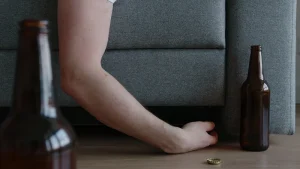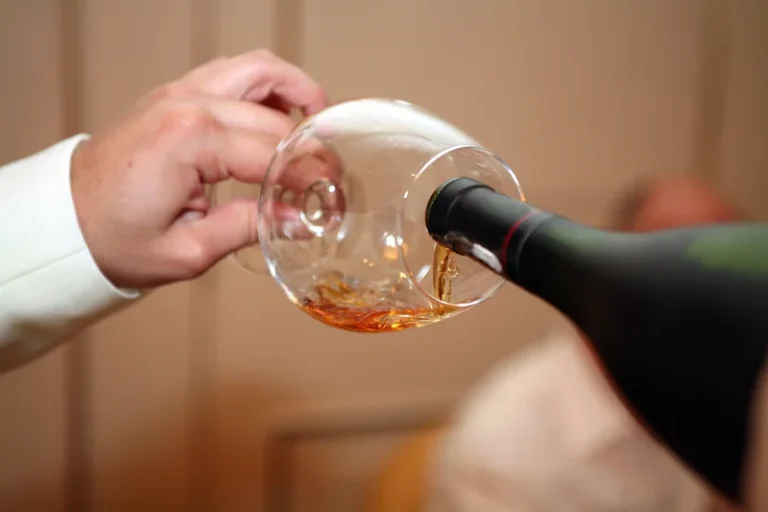Alcohol Use Disorder and Depressive Disorders

Thus, here, too, it’s important to be cognizant of the signs of PTSD in patients with AUD, and vice versa. Over time, your brain’s reward pathway builds tolerance and requires more and more dopamine (via alcohol) to feel pleasure. This can lead to addiction and feelings of depression in the absence of the rewarding substance. Alcohol misuse and depression are serious conditions that you shouldn’t ignore. If you think you have a problem with either, talk to your doctor or therapist. There are lots of choices when it comes to medication that treats depression, and there are drugs that lower alcohol cravings and counter the desire to drink heavily.
Treatment of Co-Occurring AUD and Depressive Disorders
Quitting drinking on its own often leads to clinical improvement of co-occurring mental health disorders, but treatment for psychiatric symptoms alone generally is not enough to reduce alcohol consumption or AUD symptoms. Among people with co-occurring AUD and psychiatric disorders, AUD remains undertreated, leading to poorer control of psychiatric symptoms and worse outcomes. Medical practitioners have discovered that to truly be effective in treating these conditions, they must be treated simultaneously.
- Sometimes the best thing we can do for our loved ones is make sure we are taking good care of ourselves.
- Both the P.I and the CBHW reports on the drinking status of the participants were compiled weekly.
- If you have depression and anxiety and want to drink alcohol, there are some considerations.
- Much like barbiturates (sedatives), alcohol is a drug that affects the central nervous system (CNS) and the brain’s functionality.
- Ethanol, which we commonly refer to as alcohol, is in a class of psychoactive drugs known as depressants (Figure 1).
Treatment options
- Alcohol use disorder (AUD) can occur alongside depression and vice versa.
- The test is free and confidential, and no personal information is needed to receive the result.
- Majority (60.5%) of the participants had begun drinking alcohol before the age of 18years, with the mean AUDIT score being 28.6 for male and 26.6 for females.
- Early on, the underlying etiology of a psychosis may be uncertain.
- These changes can heighten the physiological “rewards” of alcohol and increase the likelihood that they will continue their pattern of drinking.
Alcohol and depression are connected in several ways, and the two often feed off of one another. People may turn to alcohol as a way to cope with mood problems, but drinking alcohol can also contribute to symptoms of depression. Alcohol use can also affect how antidepressants work, which can affect depression treatment. The need for screening for depression in alcohol-dependent persons and continuous monitoring for it during treatment of alcohol dependence cannot be overemphasized. This is because untreated persistent depression may reduce alcohol and depression the resolve to refrain from alcohol, or alternatively depression may lead to self-medication with alcohol 5, 6.
Drinking Alcohol While Depressed

When it comes to diagnosing an alcohol use disorder and a major depressive disorder, it’s important to address them simultaneously, as they can significantly =https://ecosoberhouse.com/ impact your recovery. Drinking persistently and excessively can increase your risk of developing a major depressive disorder. It can also aggravate symptoms of pre-existing depression and endanger your health and mental health.

A total of 188 participants underwent community-based detoxification but only 156 were followed up for the six months. Majority (60.5%) of the participants had begun drinking alcohol before the age of 18years, with the mean AUDIT score being 28.6 for male and 26.6 for females. The mean age alcoholism of the group was 31.9 years, with majority (84%) of the participants aged below 40 years.

Methods used in psychotherapy aim to help individuals identify and change harmful behavioral and thought patterns. The phrase feeling depressed has become a well-known and commonly used term to describe a feeling of sadness or feeling down. Alcohol itself is categorized as a central nervous system depressant.
